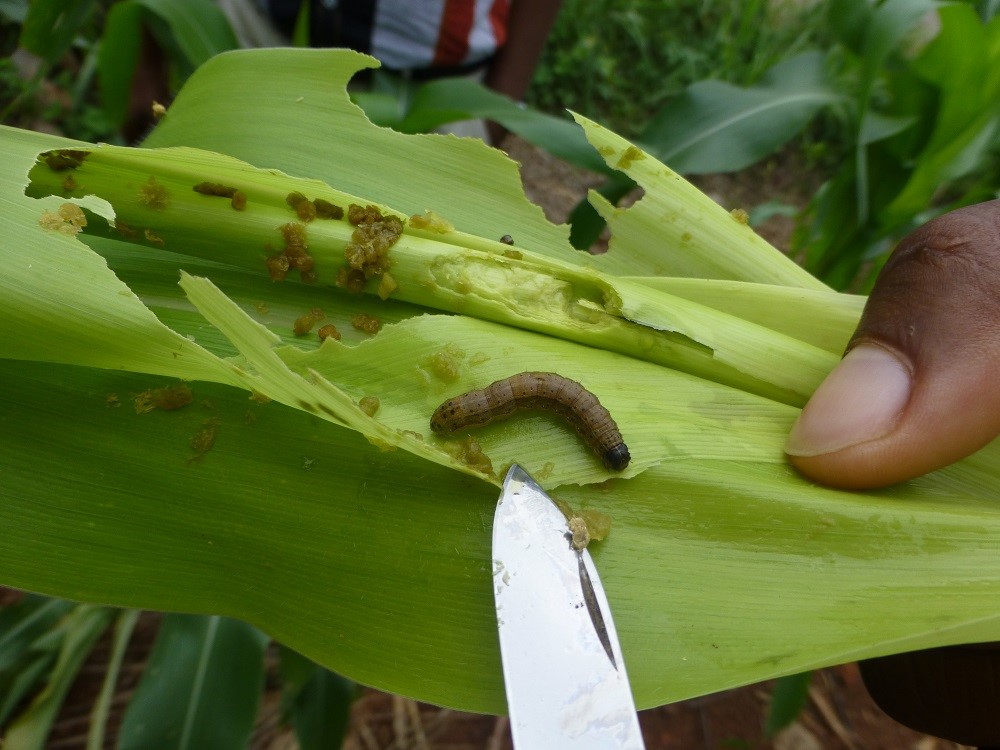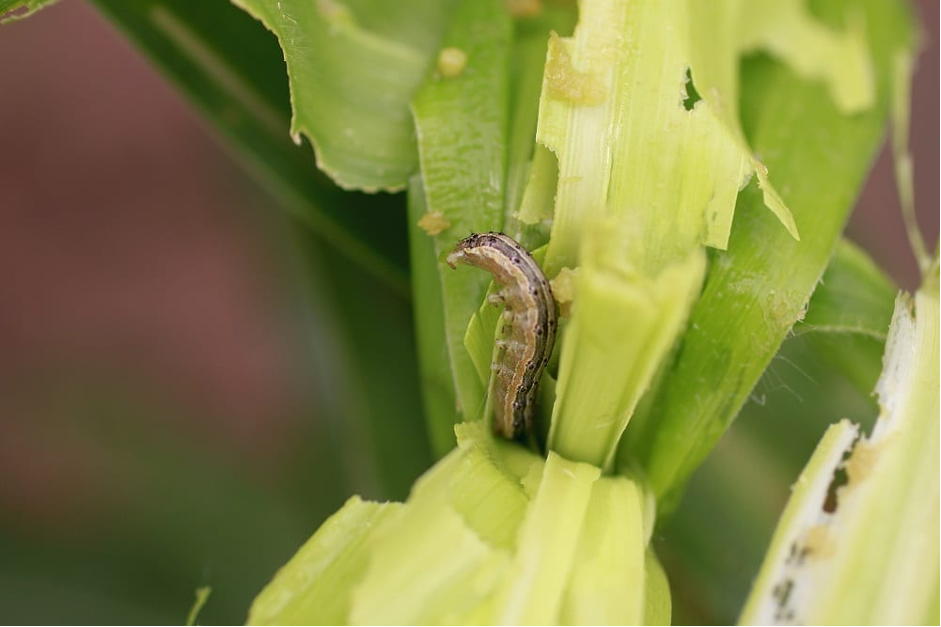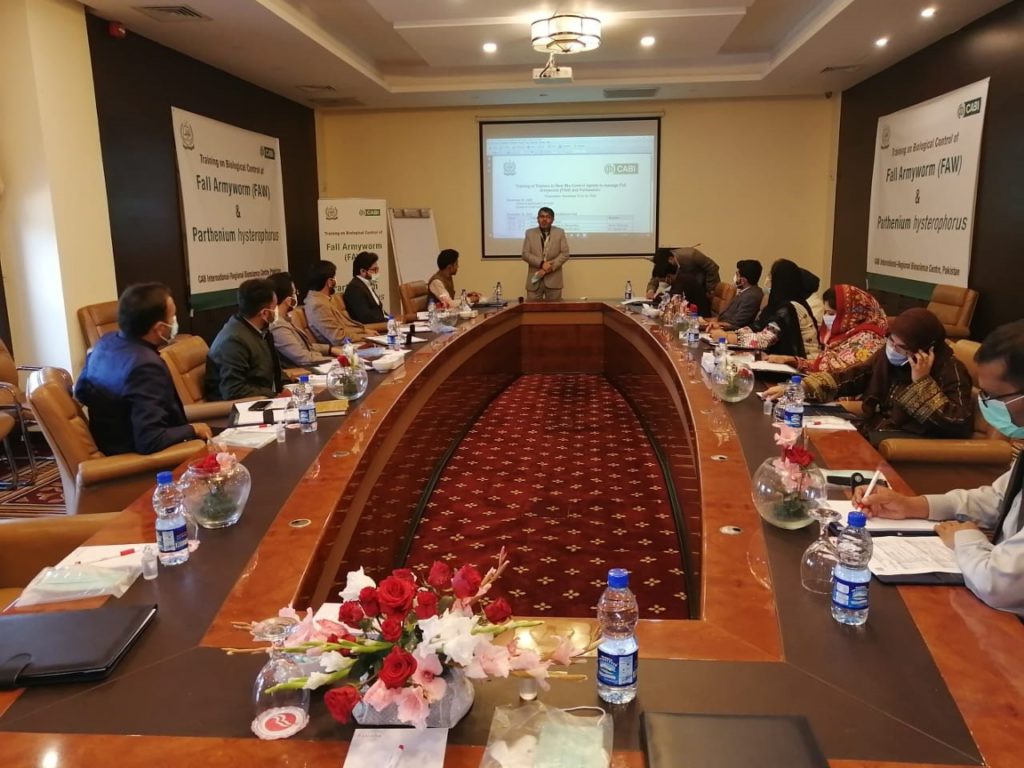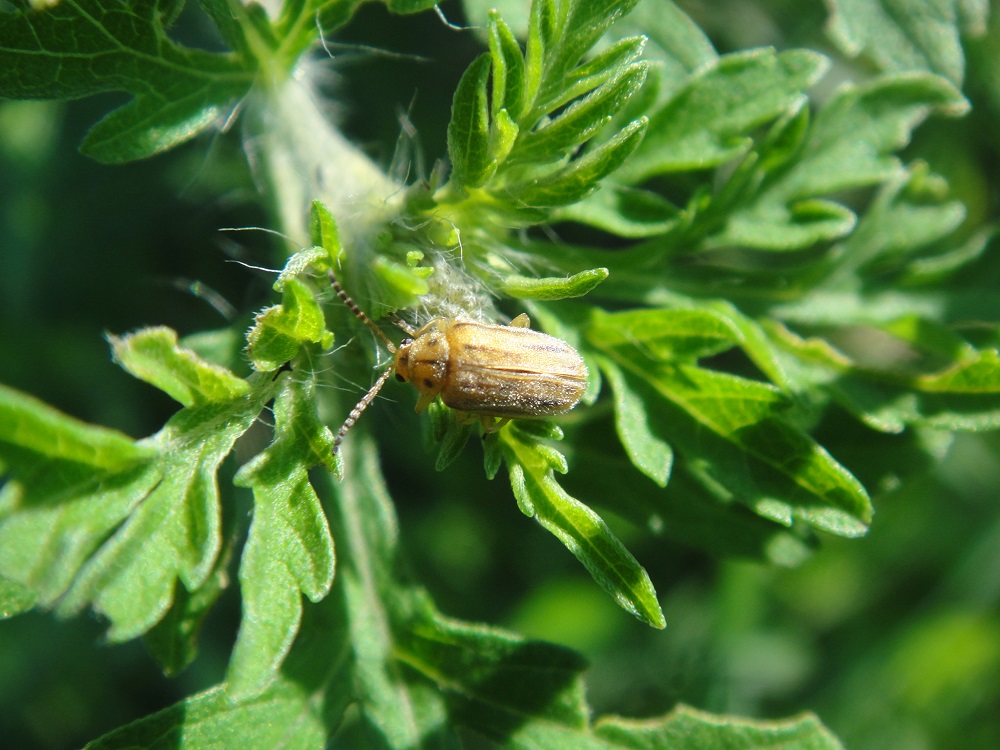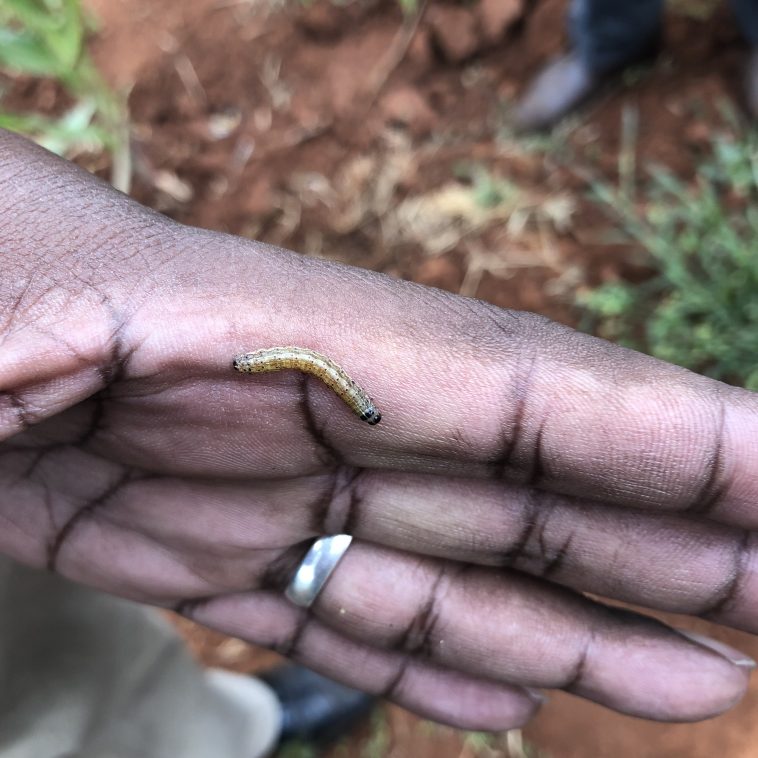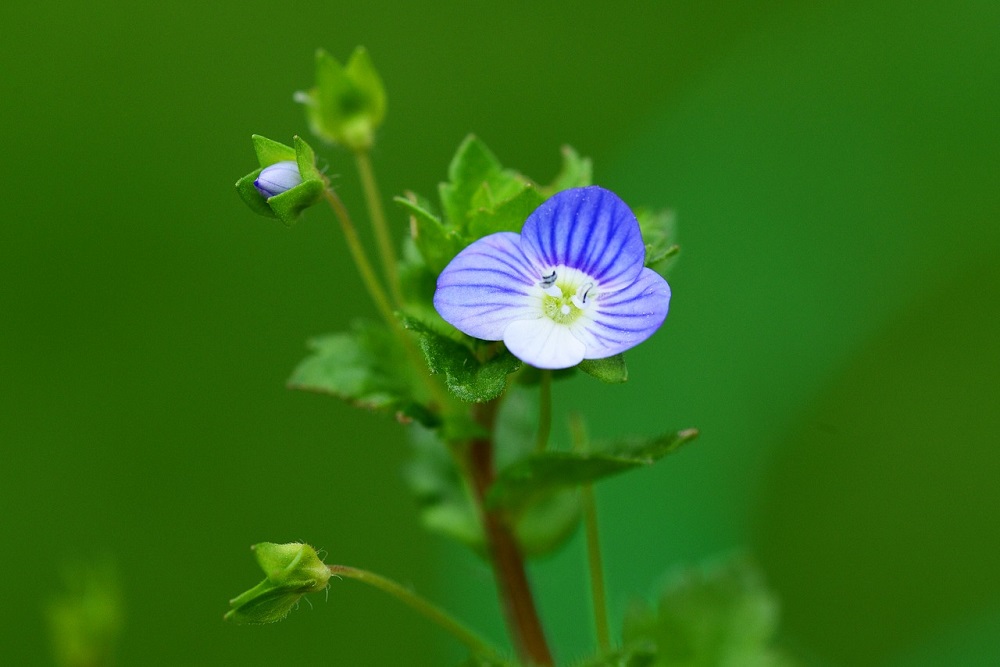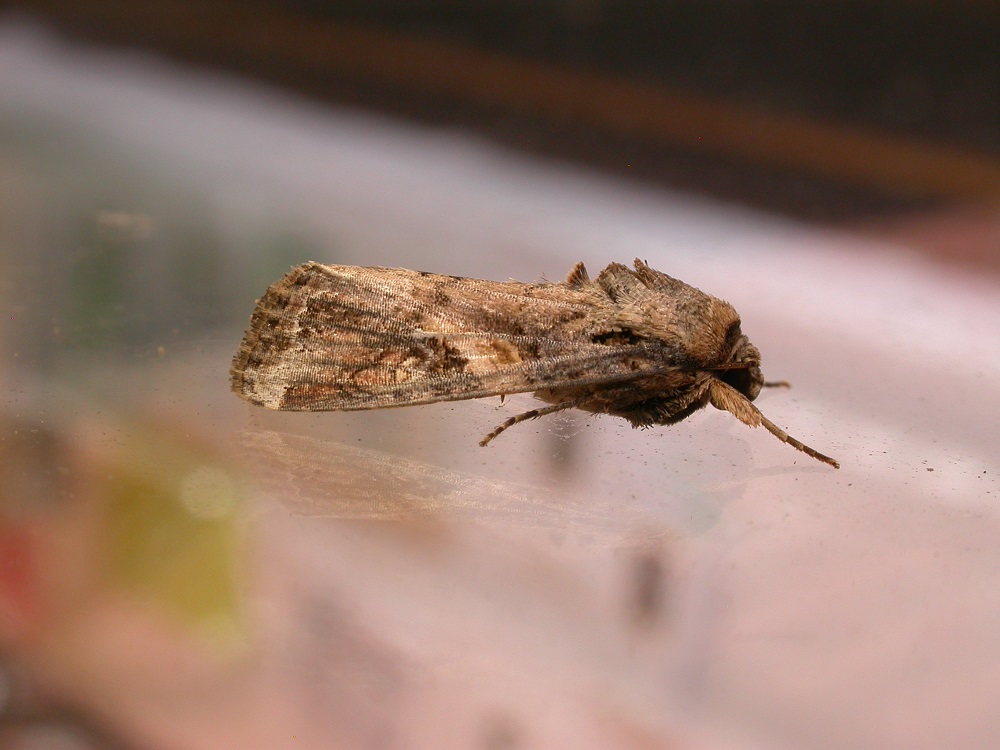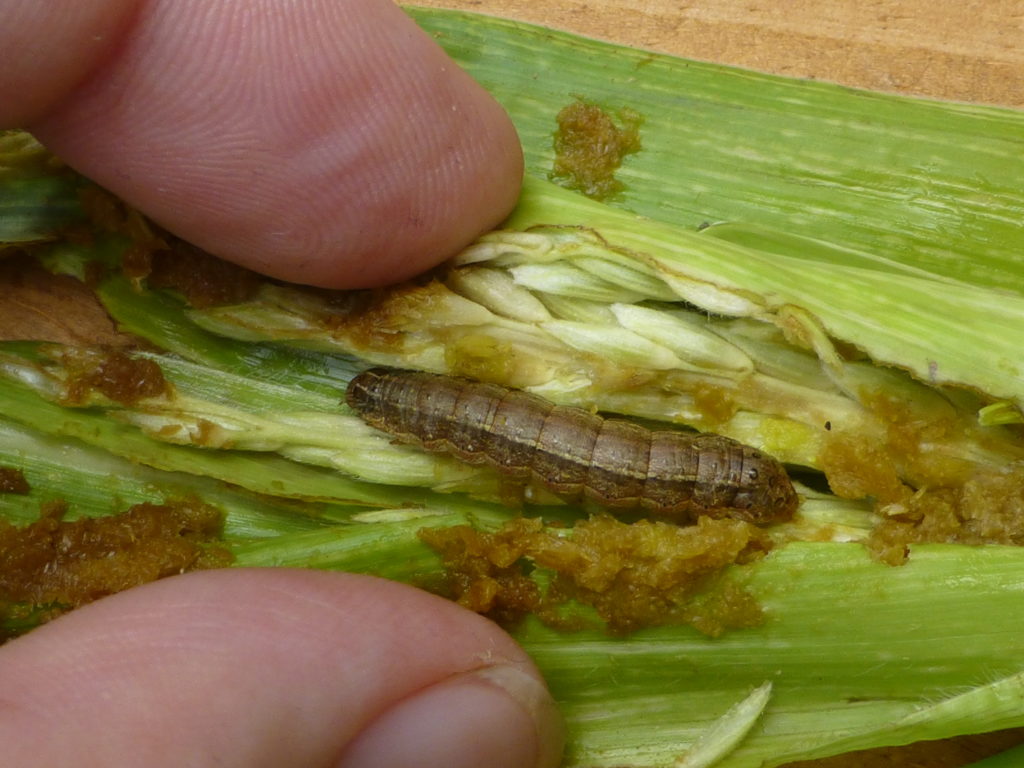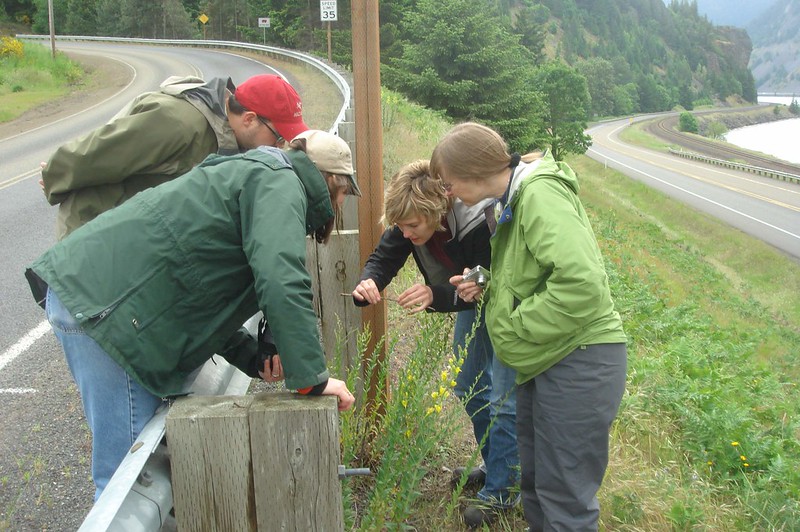CABI and MARA scientists explore collaboration to find effective natural enemies for devastating Fall armyworm
Scientists representing the MARA China-CABI Joint Laboratory for Biosafety and MARA China-CABI European Laboratory have convened to discuss the very latest research efforts in a bid to find sustainable and effective natural enemies to fight the devastating Fall armyworm (Spodoptera frugiperda).
Invasives Blog Most Read 2020
As 2020 draws to a close, we have crunched the numbers and pulled together the most read articles on the Invasives Blog this year. Plus some firm favourites. Invasive species like Himalayan balsam, fall armyworm, and Tuta absoluta proved to be popular topics for our readers this year. CABI’s work in biological control around the…
Two-way SMS platform offers farmers timely management advice for fall armyworm in Kenya
This article was originally published on the PRISE website During the 2019 short rains season in Kenya, PRISE partnered with Precision Agriculture for Development (PAD) to provide maize farmers with timely pest management information on Fall armyworm (Spodoptera frugiperda). By building on PAD’s existing messaging service, which is run in partnership with the Ministry of Agriculture, the two-way…
Busy in biocontrol: spotlight on weed researcher Jennifer Andreas
Meet Jennifer Andreas, who has collaborated with CABI on a number of biological control projects since 2000, in this profile originally published by the North American Invasive Species Management Association (NAISMA).

